What’s the Difference Between a Website and a Domain Name?
- By
- Last updated:
- 1 Comment
Terms such as domains, servers and hosting are thrown around on a daily basis among web developers and designers, but, if you’ve never owned a website before, figuring them all out can be more than a little confusing. Don’t worry, though, ‘What’s the difference between a website and a domain name?’ is a very common question.
↪️ Note: looking to make a website with WordPress and not yet decided which hosting to choose? Check out this post of ours comparing three of the most popular choices: Bluehost, GoDaddy and SiteGround.
Let’s clear this up, starting with a simple, cut-out-and-keep explanation:
The Difference between a Website and a Domain Name
Here’s a more in-depth take on the topic:
- A domain name is a form of internet address that’s most commonly used to identify websites and email addresses. For example, this website’s domain name is
winningwp.com, and if you have a Gmail account under, say,[email protected], thengmail.comis the domain name. - A website is what people see when they enter a domain name into their web browsers — it’s the collection of pages, files, data, and images that make up the final product that’s visible on-screen.
You can think of a website as a document file — akin to a physical file that you’d keep in a filing cabinet. A single document file usually relates to a single — more or less complex — topic. It consists of a number of individual documents (rarely just one), pictures, tables, and whatnot. To some extent, a website is the online version of that. In that scenario, a domain name is simply how we can find that document file.
And, sorry, I need to apologize. Websites are rather complicated when it comes to their under-the-hood technical structure, and there really isn’t a non-boring way to talk about all the specifics of that.
The main thing to remember, though, is that you don’t need to have a full understanding of how all those elements work to launch and then manage a website for your business or cause. Just like you don’t need to be a car mechanic to learn how to drive a car.
In a nutshell, if there’s just one thing you’ll remember from this article, let it be this:
Domain names are web addresses used to access websites on the internet.
And if you want to learn more, here’s an FAQ section that goes a little more in-depth into the differences between a website and a domain name:
FAQ
‘What types of domain names are there?’
Up until a couple of years ago, there were only a handful of domain types available. Traditionally, you could get: A .com, .net, .org, .biz, .info, plus a number of localized domains (for example, .it for Italy, .co.uk for the UK, and so on).
By the way, those domain suffixes — such as .com — are called Top Level Domains, or TLDs for short.
Nowadays, however, there’s nearly an unlimited number of TLDs to choose from. You can get things like .blog, .wedding and even .pizza. So, for example, your domain name could be John-and-Gloria.wedding.
When it comes to the part that comes before the TLD — for us it’s WinningWP — it can be anything you wish, provided it hasn’t been taken yet and that it consists of alphanumeric characters (a-z, A-Z, 0-9) and hyphens only.
‘How do I get a domain name?’
You can easily purchase a domain name by going to one of the popular domain name registrars.
Those companies will register a domain name on your behalf, and make it available to you for an annual payment of around $10.
We recommend these two registrars:
And, in case you’re wondering … No, it doesn’t matter which registrar you decide to buy your domain from. They can all sell you any domain that’s available.
‘How do domain names work?’
As I said earlier, domain names are used primarily to access websites.
They do so in a rather clever way.
Domain names aren’t how computers and computer networks keep track of everything that’s on the web. For that, they use more specific numeric addresses called IP addresses, or IPs for short.
An example of an IP: 23.57.40.37
However, as you’d imagine, those IPs are not very human-friendly. For example, did you know that the IP address above points to the White House website?
Of course you didn’t. That’s why we use domain names to make our lives easier.
So, to break down the process, whenever you enter a domain name into a browser’s address bar, that domain name is taken by the nearest domain name server and decoded into a physical IP address. This will point to the specific website that you want to access. Neat, right?
If you want to learn more about the inner workings of domain names, you can check out this article.
‘Can a domain name exist without a website, and vice versa?’
- A domain name without a website? Sure. You can, for instance, use your domain name only to have a cool email address, such as
[email protected]. - A website without a domain name? Not really. Well, technically, it can, but it’s not a very useful setup, and it’s not practiced for any other purpose than websites mid-development, local websites, or test projects.
‘What’s the difference between websites and webpages?’
A webpage is a single ‘page on the web’, whereas a website is the complete set of webpages available under one domain name.
- What you’re reading right now is a webpage.
- Everything that’s available under WinningWP.com is our website.
‘How can I start a website quickly (and easily)?’
To start a website, you need three things:
- a domain name
- a hosting account
- website software that will run the whole thing.
I’m perhaps a bit biased here, but I recommend using WordPress. It’s the most popular and the most versatile website software on the market. Best of all, it can be used even if you have next to no experience building websites. For more info, check out our beginner guides to WordPress.
Related Reading:
Leave a Reply
All comments are held for moderation. We'll only publish comments that are on topic and adhere to our Commenting Policy.
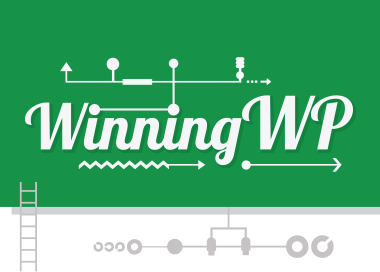

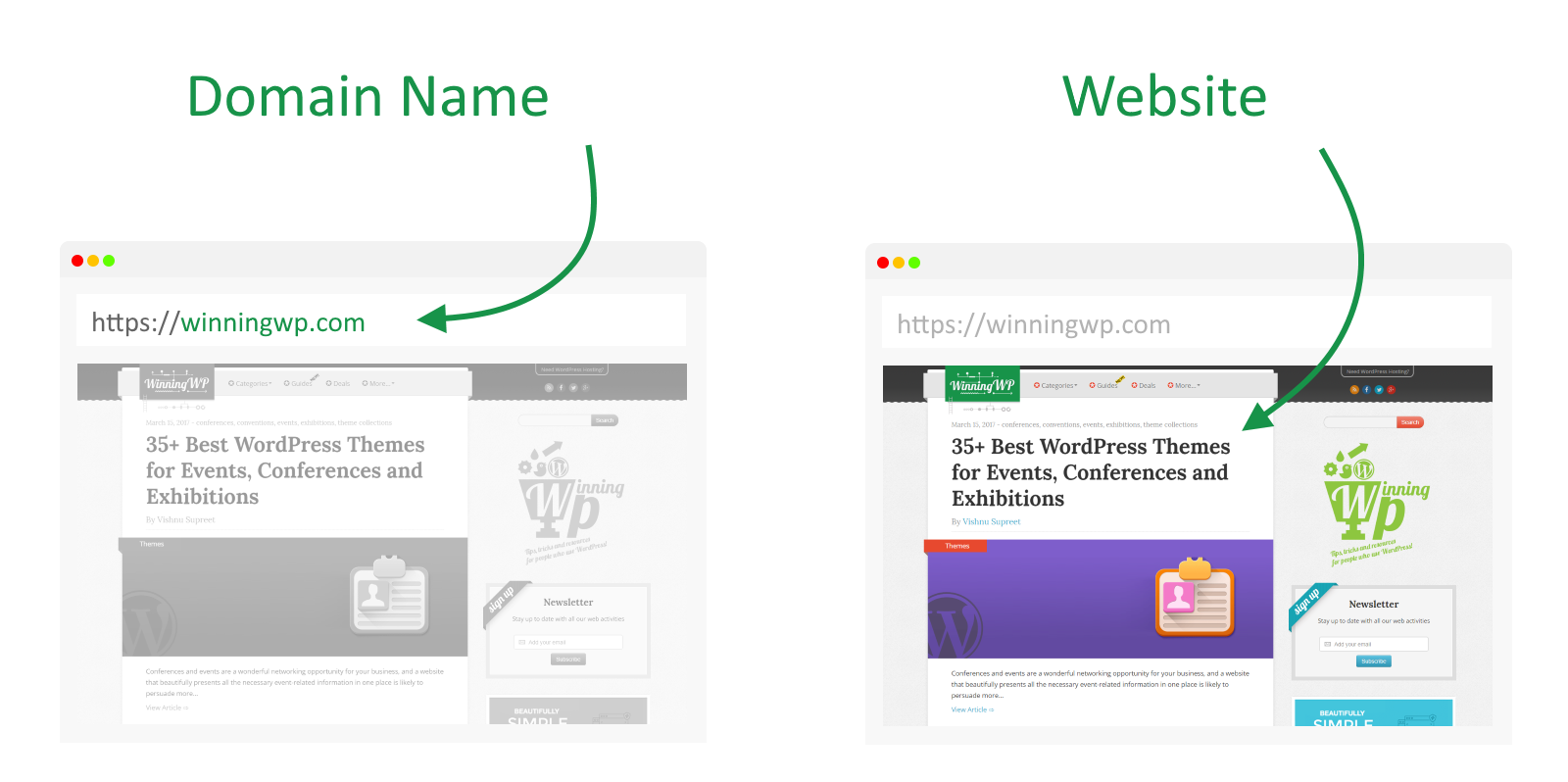
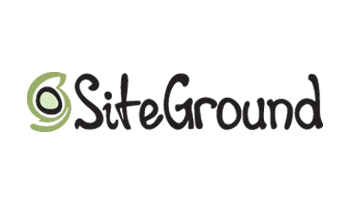
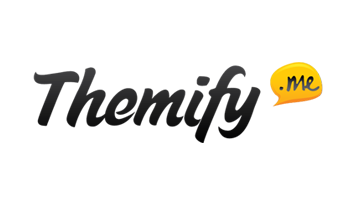
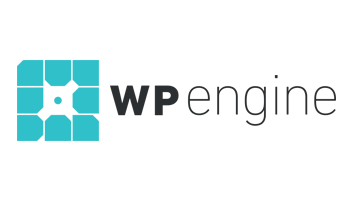
Karol;
Thank you so much for pulling me out of the confusion I was in, created by those who speak loosely. So, my domain name is the same as my website as you clearly indicated:
“For example, this website’s domain name is winningwp.com”
and further down:
“Everything that’s available under WinningWP.com is our website”.
The confusion comes from having the same name for two or even four functions that include, besides what you explained above, the notion of “page” and even URL!
Thanks again for dispelling my doubts.